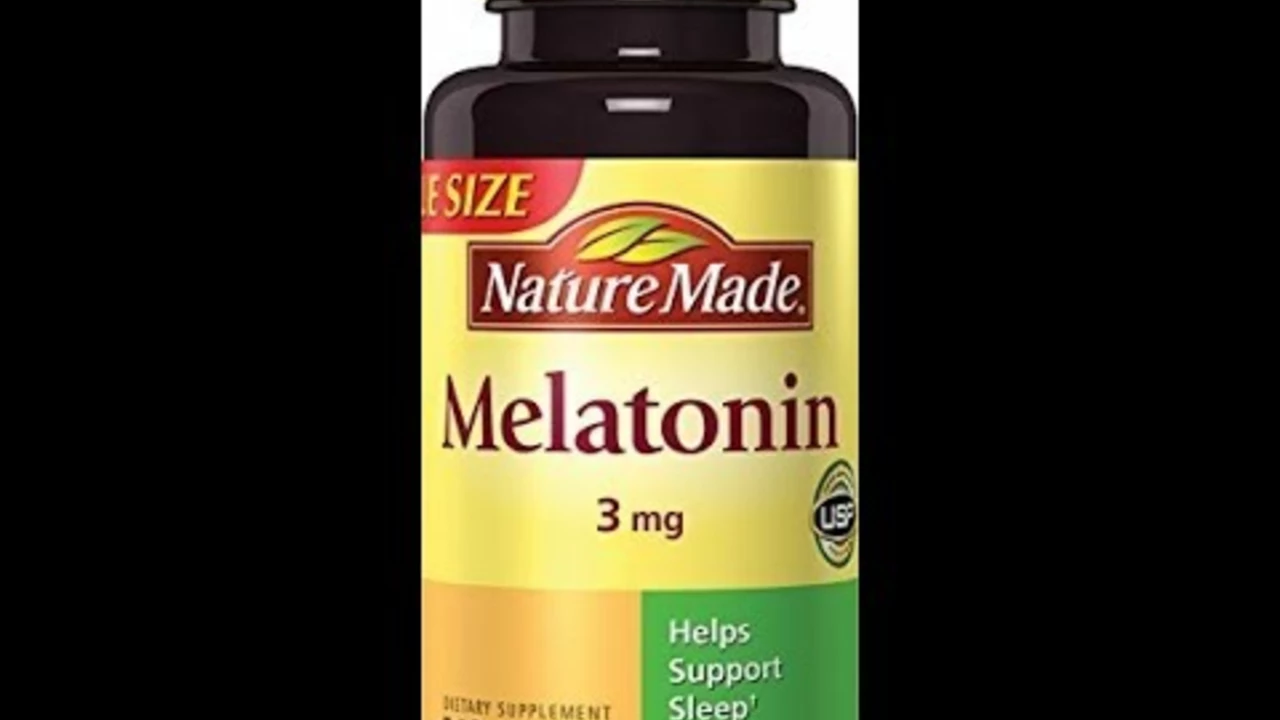Immune System: Simple, Practical Ways to Support Your Immunity
Your immune system works constantly, even when you feel fine. Want to keep it working well without magic pills? Focus on habits you can actually do every day. Below are clear, useful steps that help your body defend itself and recover faster when you get sick.
Daily habits that really help
Sleep matters more than most people admit. Aim for 7–9 hours each night—poor sleep lowers immune response and makes infections more likely. Move your body regularly: 30 minutes of moderate walking most days boosts circulation and immune surveillance. Don’t overdo intense exercise if you’re already run down; short, consistent workouts are better than long, exhausting sessions.
Manage stress. Chronic stress raises inflammation and weakens immune cells. Try simple practices like 5 minutes of deep breathing, a short walk outside, or turning off notifications for focused blocks of time. Even small breaks add up.
Hydrate and cut the heavy stuff. Drinking water helps mucus membranes stay healthy, which is a first line of defense. Limit excessive alcohol—too much weakens immune function and slows recovery.
Food, supplements, and medicine — what to pick
Eat whole foods with color. Vegetables, fruits, legumes, whole grains, nuts, and lean proteins give vitamins and minerals your immune cells need. Include vitamin-C rich foods (oranges, bell peppers), vitamin-D sources (sunlight, fatty fish, fortified foods), and zinc (pumpkin seeds, meat). Fish oil supplements with omega-3s reduce harmful inflammation and support immune balance—check our fish oil guide for details.
Probiotics can help your gut microbes, which play a big role in immunity. Yogurt, kefir, and fermented foods are easy starts. If you use supplements, stick to reliable brands and recommended doses. Avoid chasing high-dose fad blends; more isn’t always better.
Be careful with antibiotics and steroids. Antibiotics clear bad bacteria but can disrupt your gut and immune balance—only use them when prescribed. Steroids and some immune-suppressing drugs affect how your body fights infections; if you take them, talk with your doctor about extra precautions and vaccine timing.
Watch risk factors. Smoking damages lung defenses. Obesity and chronic illnesses change immune response—small lifestyle changes can improve outcomes. If you’re unsure how your medications interact with your immune system, ask your doctor or pharmacist; our site has guides on common drugs and alternatives that can help you prepare better questions.
When to see a doctor? If you have fever that won’t break, shortness of breath, confusion, or symptoms that get quickly worse, seek medical help. Also check with your clinician before starting high-dose supplements if you’re on other medications or pregnant.
Want more? Browse our tagged articles for practical drug guides, supplement reviews, and condition-specific tips that connect back to immune health.






